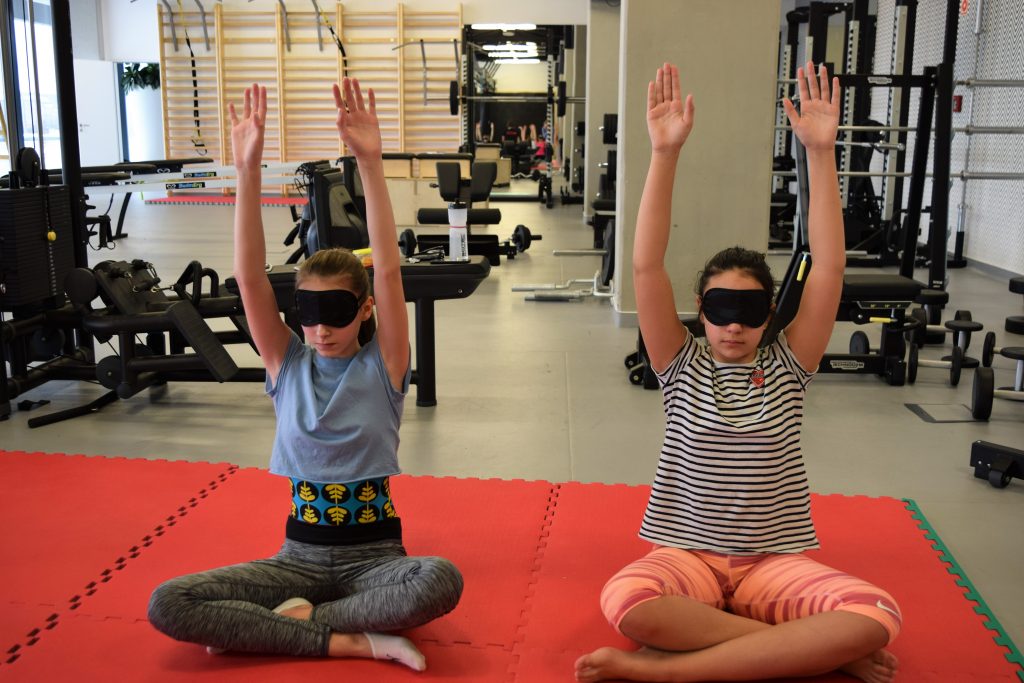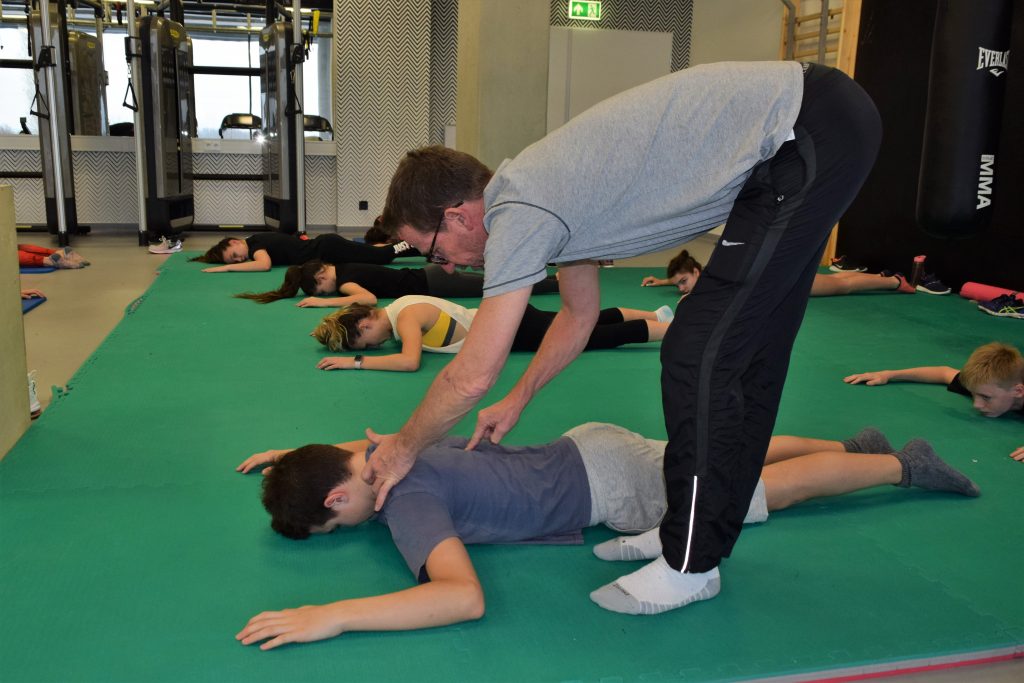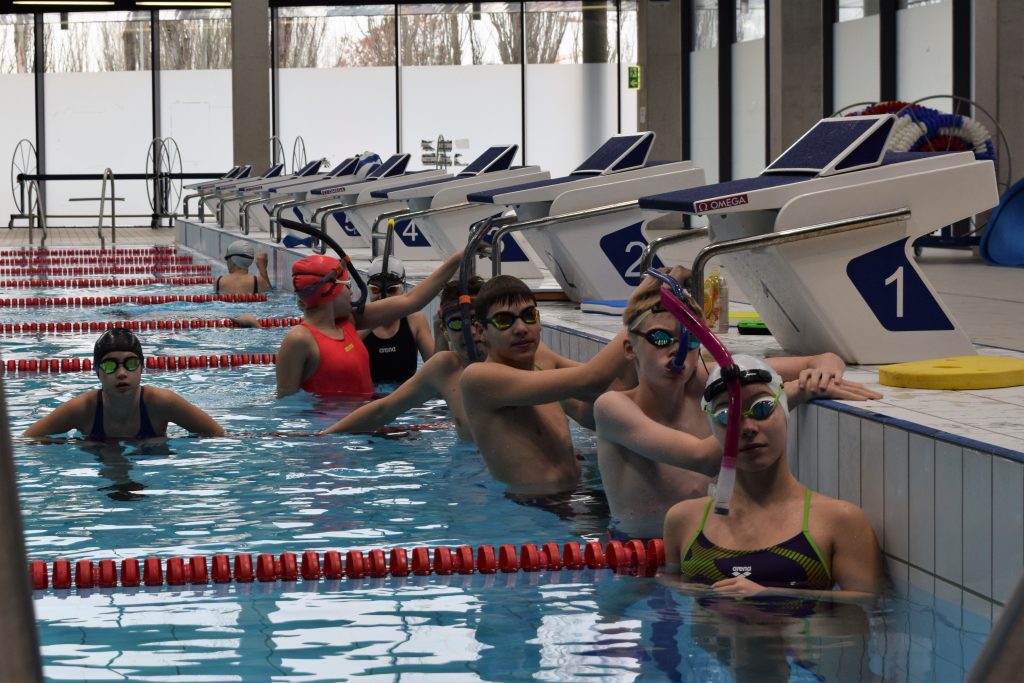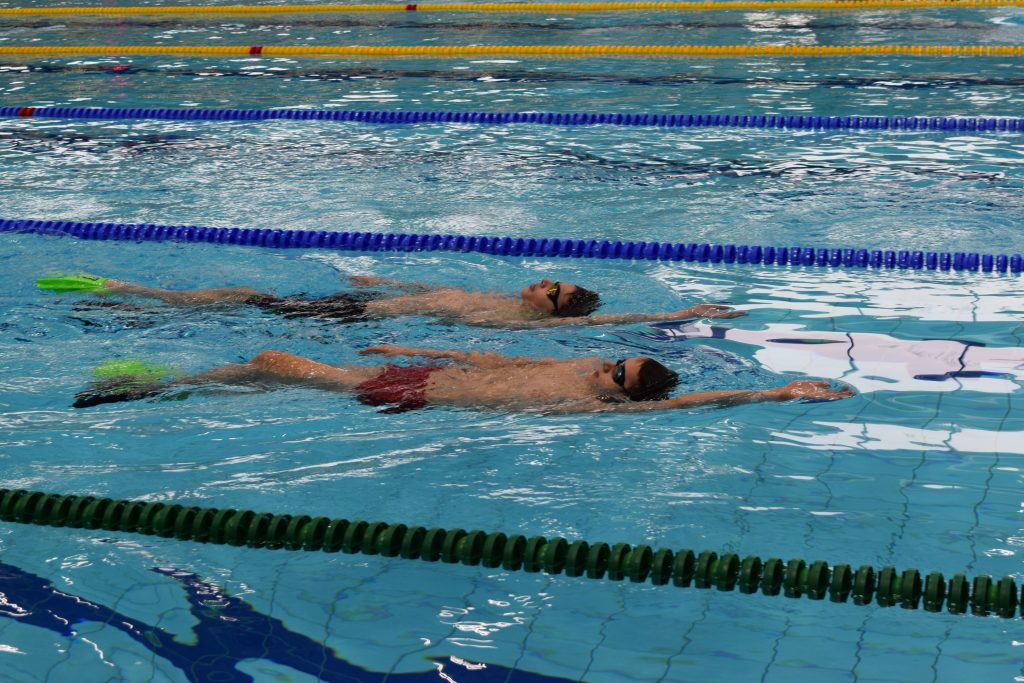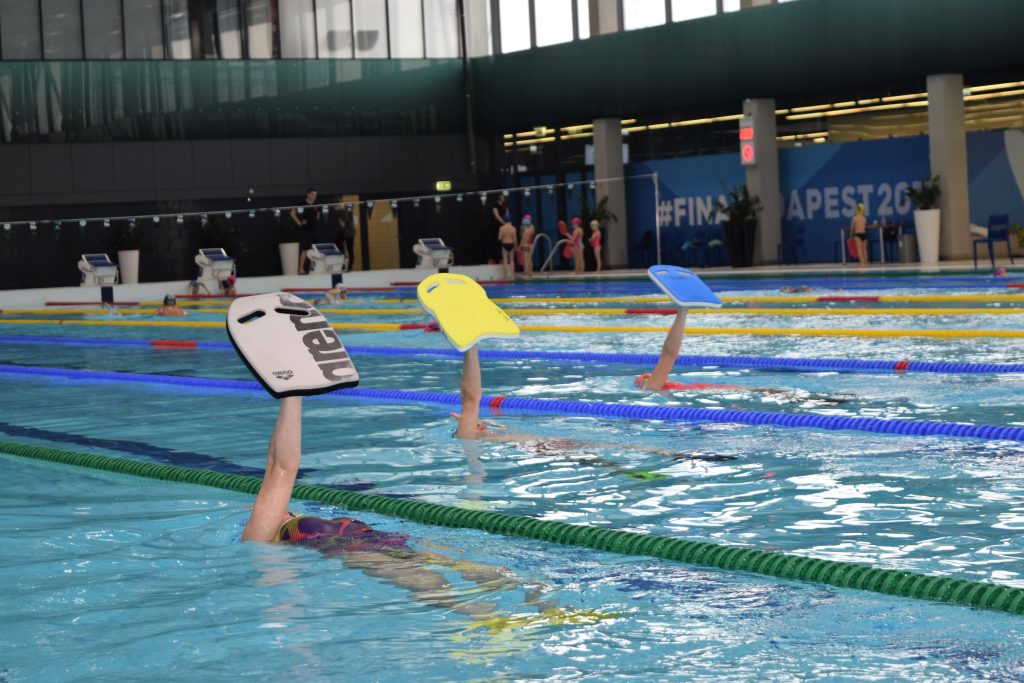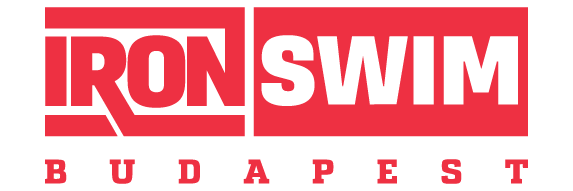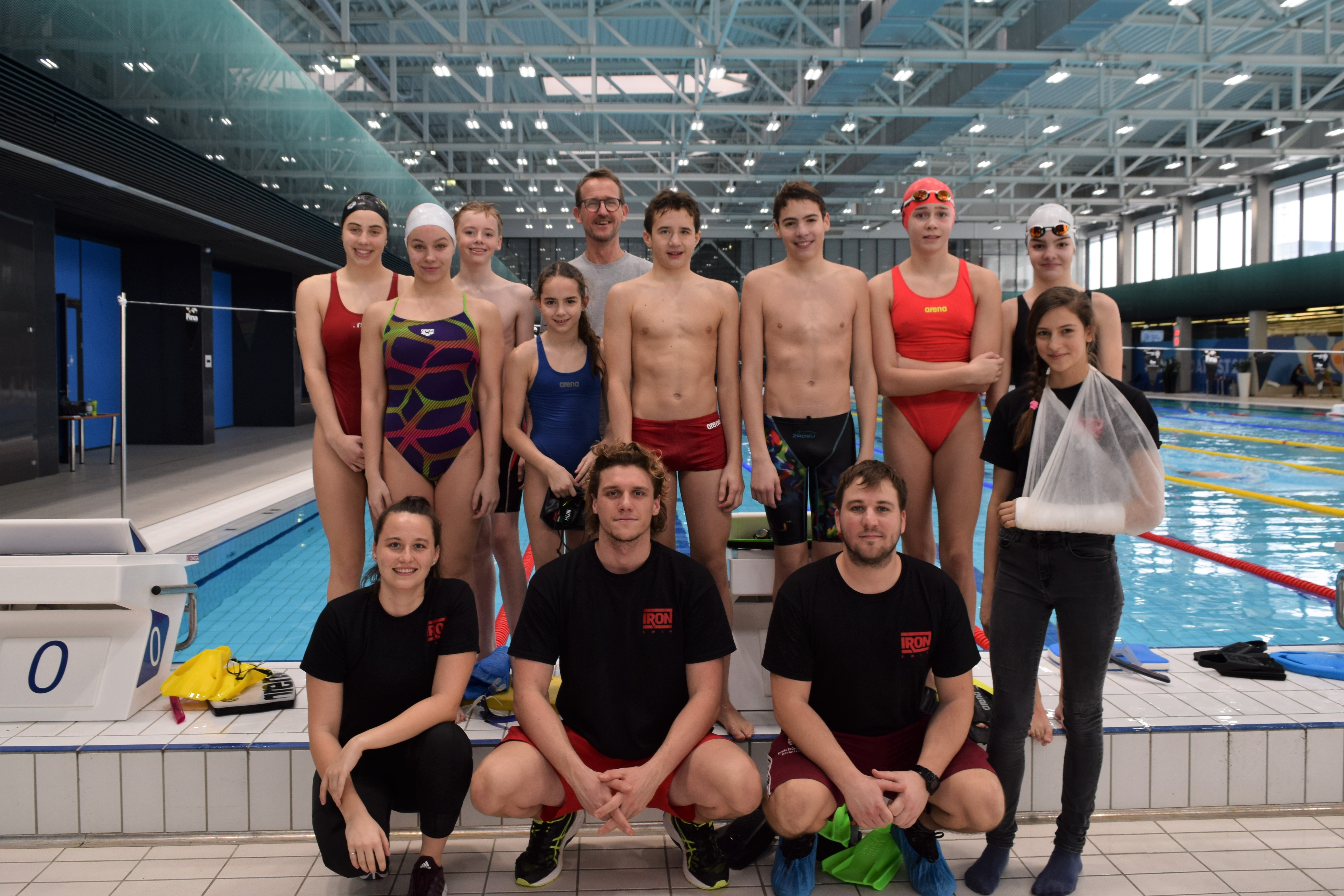Why is dryland training important for a swimmer? What exercises can help fine-tuning the swimming technique? What elements need attention of the movements while training dryland or training in water? Jan Herber, physiotherapist of the Dutch national team spoke about these important concepts for the swimmers and coaches of Iron Swim last weekend.
At his workshop youngsters could know more about the ‘Dutch Way’ while he was emphasizing the importance of how to implement the exercises. ‘Tension is the enemy’ – this was one of the most important messages of the morning practical sessions, but certainly everybody had different lessons that learnt from it.
‘It was good to learn some new things and speak about swimming’ told Coach Dora. ‘Jan’s mentality is very similar to what Iron Swim represents. He emphasized many times that this is not the best solution, only one approach that he believes in. It seemed that he was for the swimmers and he did everything for them. The whole day confirmed what we also do, kids had a lot of ‘oh, yeah-feeling’, they said many times that ‘oh, yeah, they now understand why we say these instructions’. They started to realize and understand the link between the gym work-out and swimming, that how can a certain exercise be transplanted into turns or any of the strokes.’

‘The session with Jan on Saturday was very educational’ summarized Coach Lazar. ‘He started from the bottom and explained basic stuff. And it makes a lot of sense. Me personally, I liked it a lot and I will implement those exercises with kids. As Jan said it’s not how much you do, it’s how you do it. And I will try to make these kids better. It will take time, for sure, but I know it will worth it.’

‘I liked that not only the coaches, but the swimmers and parents also got something from this philosophy’ said Coach David. ‘I also liked that the Dutch expert did not say that only his solution was good, but he tried to give us a kind of approach and the program had to be practiced as we wanted, even more, he encouraged us to go our own way.’
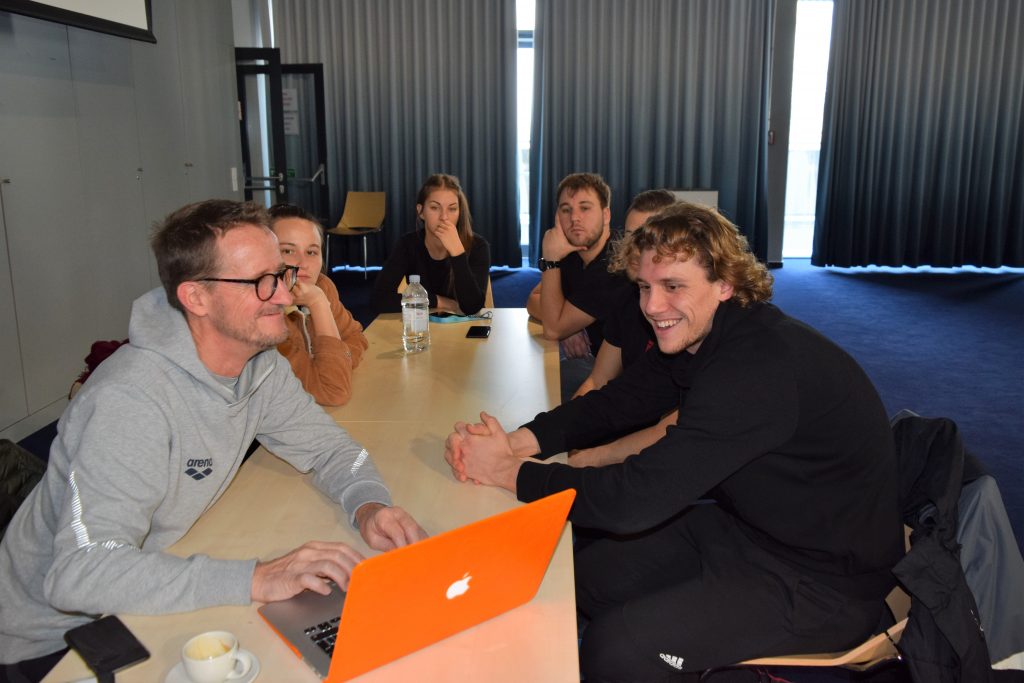
In the morning sessions the swimmers could taste in this way of thinking, let’s see what lessons they learnt in the gym and the pool.
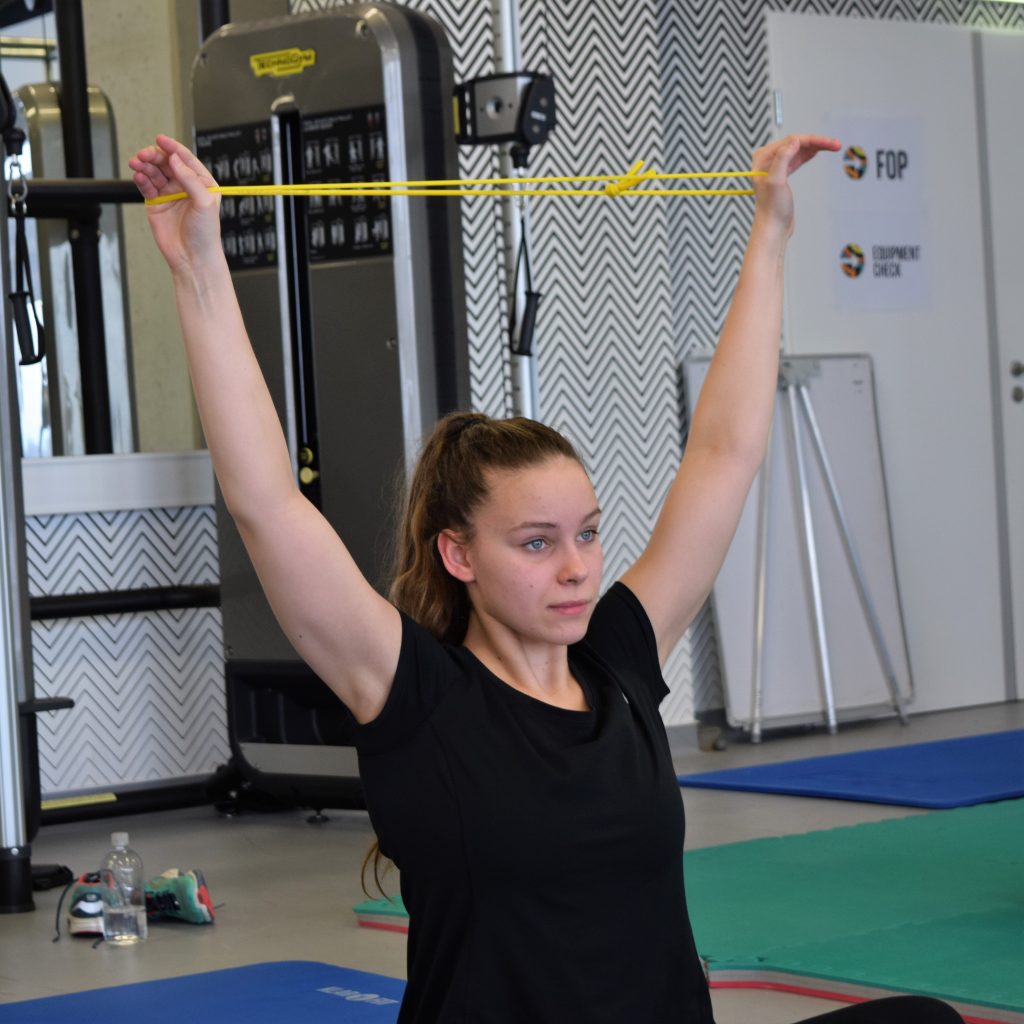
Anna Kiss: ‘It was very useful, I learnt a lot about how I could be ‘longer’ in the pool.’

Csenge Szalai: ‘The lesson of the workshop was for me how to swim as fast as I can with the least possible energy. I also learnt that all movement starts from the spine and not from arms. Since then I have tried to pay more attention to it.’
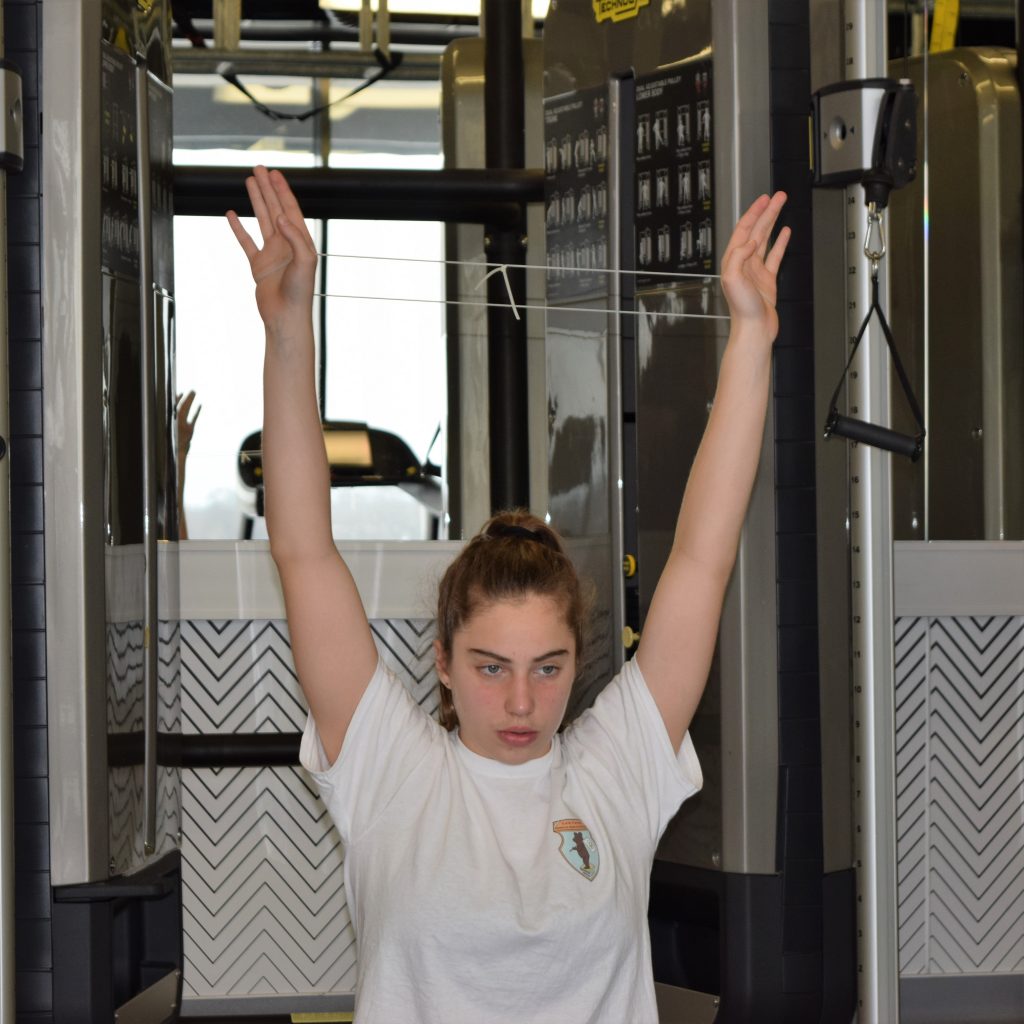
Zselyke Papp: ‘It was useful anyway, although we did similar things to what we always do during trainings, but I did not understand why they were important for swimming. Now I have found out how to bend and pull out my legs in turns and since then I have tried to practice it in the sessions.’

Alexandra Jarkas: ‘I learnt that all exercises must be performed by focusing and concentrating on them, otherwise it may cause something bad.’
